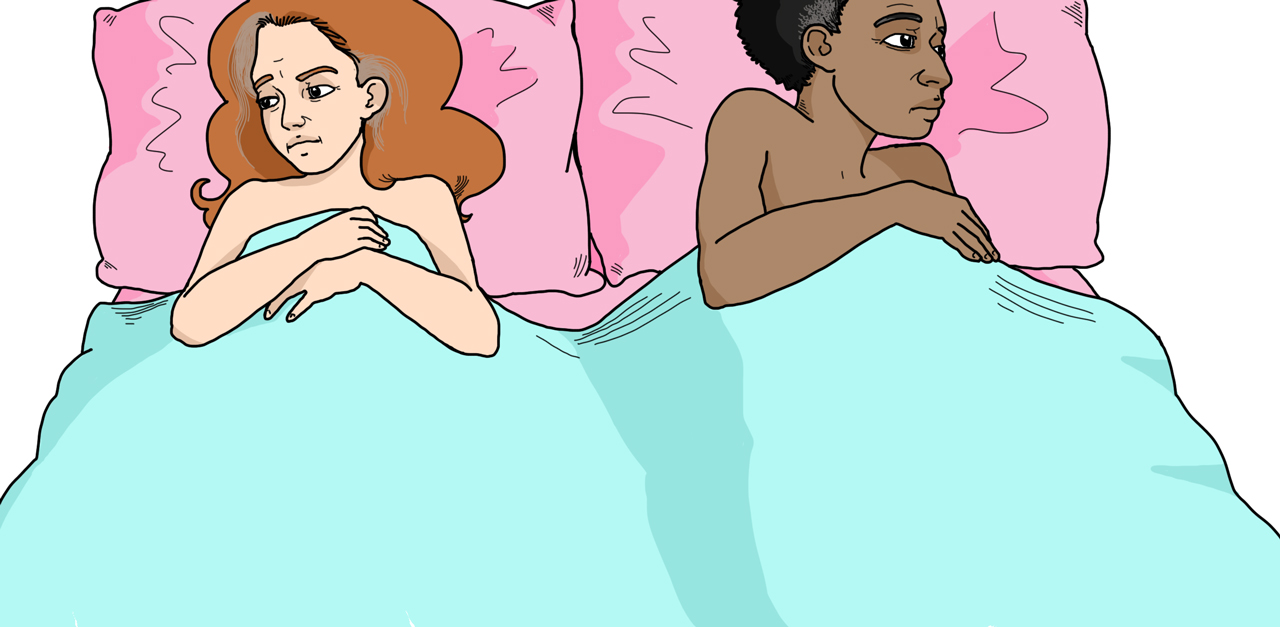
Getting it on is a fun way to let off steam and build intimacy with a partner.
Having sex can also have more perks than just feeling great. It can actually have some pretty incredible health benefits. For example, did you know that getting busy can reduce headache symptoms and relieve insomnia?
Unfortunately, women are especially prone to suffer from diminished sex drive. This can have serious effects on your relationships.
Many women think they're just too tired, too busy, or even simply growing bored of their partner. But did you know that there are actually a lot of other reasons your libido could be shrinking?
Known medically as hypoactive sexual desire disorder (HSDD), this can affect up to one third of women in the US, according to a study in the US National Library of Medicine.
Find out more about some of the surprising reasons below!
Photos: Laura Caseley for LittleThings; US Air Force / Senior Airman Hailey R. Staker
#1: Fatigue
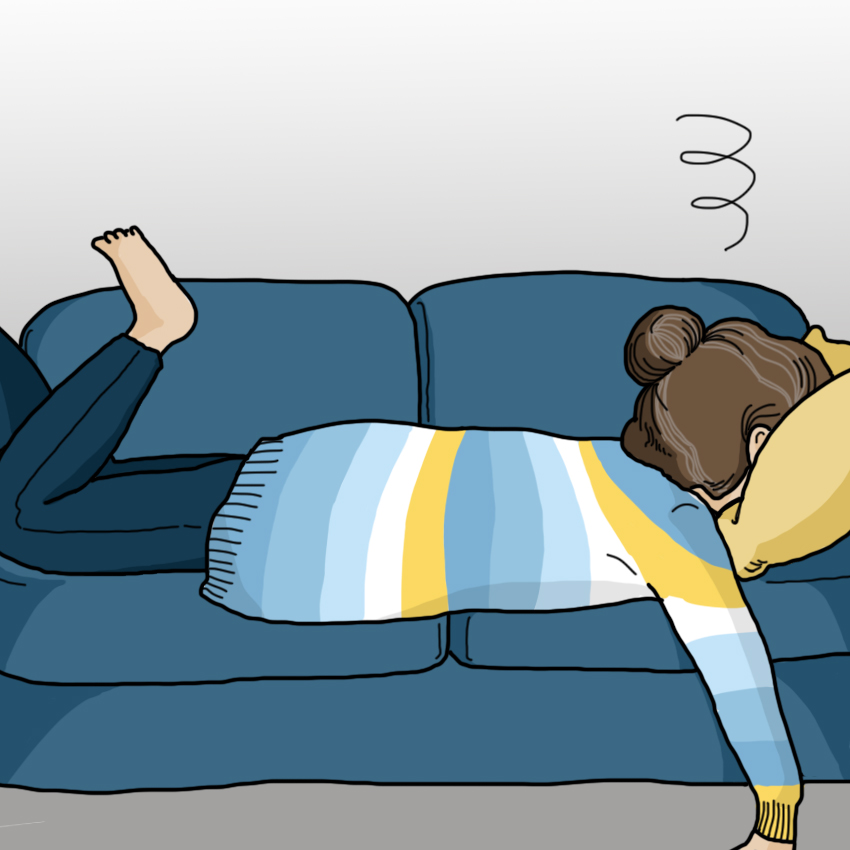
One in four American couples that live together say they're often too fatigued to have sex, reports CNN.
It makes sense. We have so much going on in our lives that it's easy to be completely exhausted by the end of the day.
When it comes to having sex, a lot of us choose to get some much-needed shut-eye instead.
#2: Hormone Changes
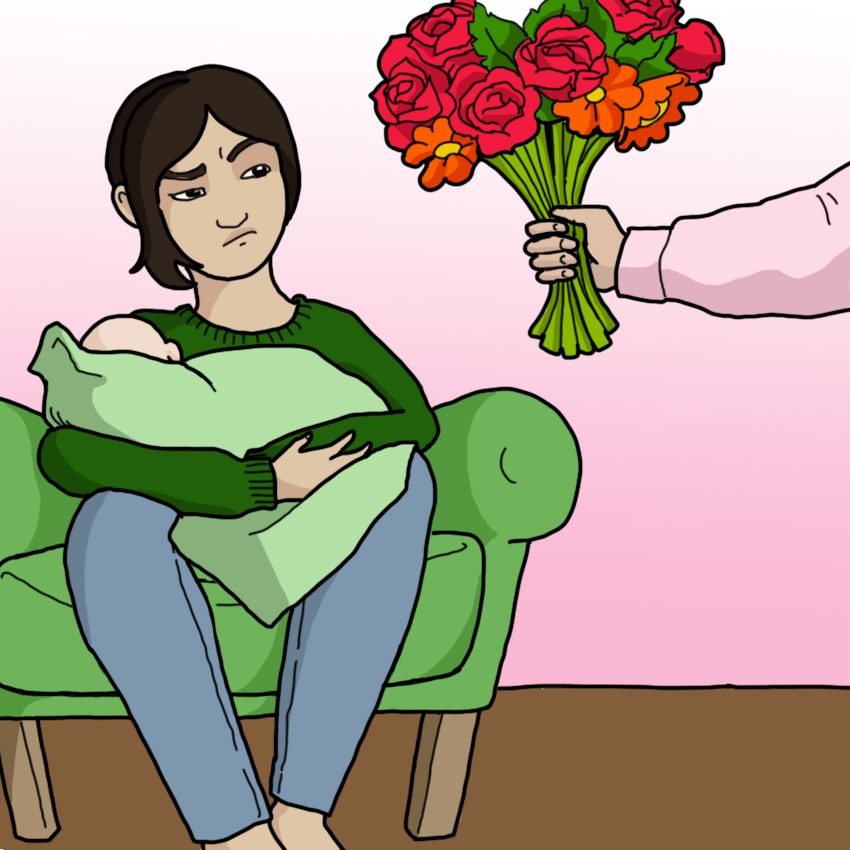
One of the big factors in sex drive is hormone levels. When your hormones are fluctuating, like during pregnancy, breastfeeding, or menopause, it can affect your sexual desire, explains the Mayo Clinic.
According to WebMD, "Testosterone affects sexual drive in both men and women. Testosterone levels peak in women's mid-20s and then steadily decline until menopause, when they drop dramatically."
#3: Feeling Self-Conscious About Your Body
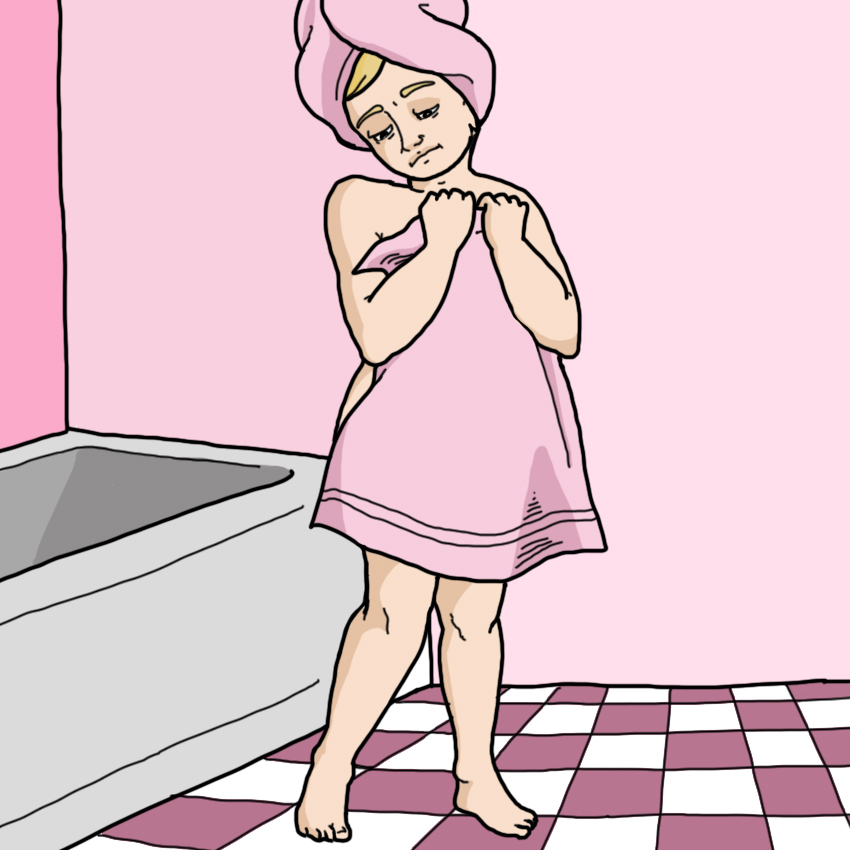
Physical problems, like fatigue and fluctuating hormone levels, can cause sex drive problems, but psychological issues can also affect your libido.
"Your problems don't have to be physical or biological to be real," explains the Mayo Clinic.
If you're feeling self-conscious about your body or have low self-esteem, chances are you won't want to be naked around anyone, even your partner.
#4: Mental Health Issues
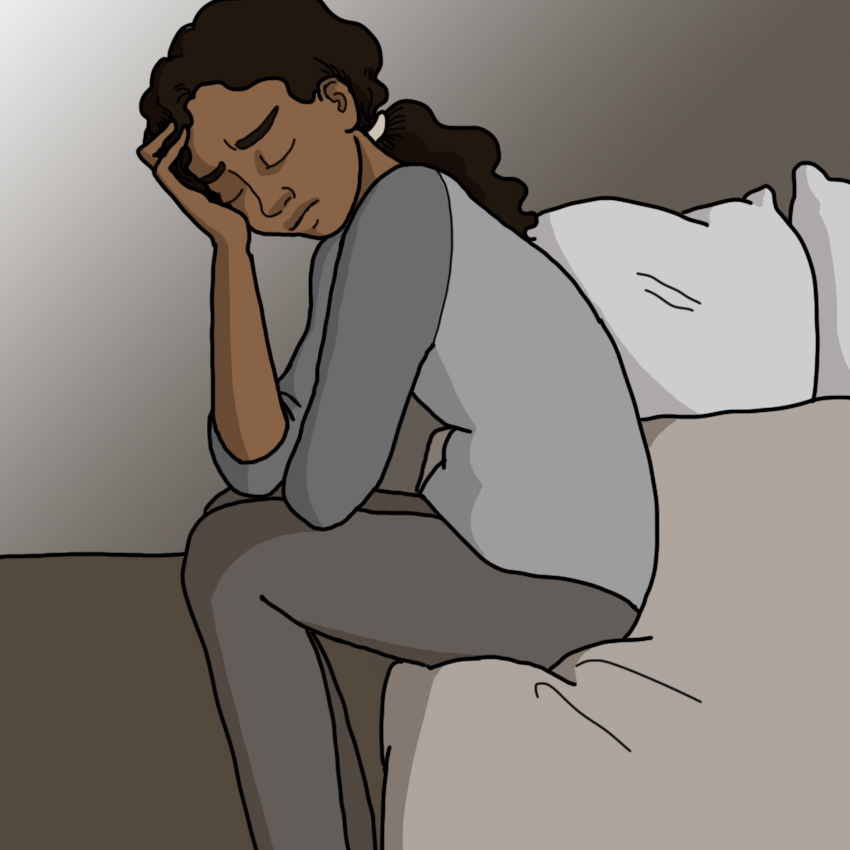
Certain mental health problems, like anxiety and depression, can contribute to a low sex drive.
Both men and women who suffer from depression and anxiety may struggle with diminished libido.
WebMD explains, "People with chronic depression can experience a loss of desire, take longer to orgasm, and simply find sex less enjoyable."
Medications, like antidepressants, can also lower sex drive.
#5: Holding A Grudge
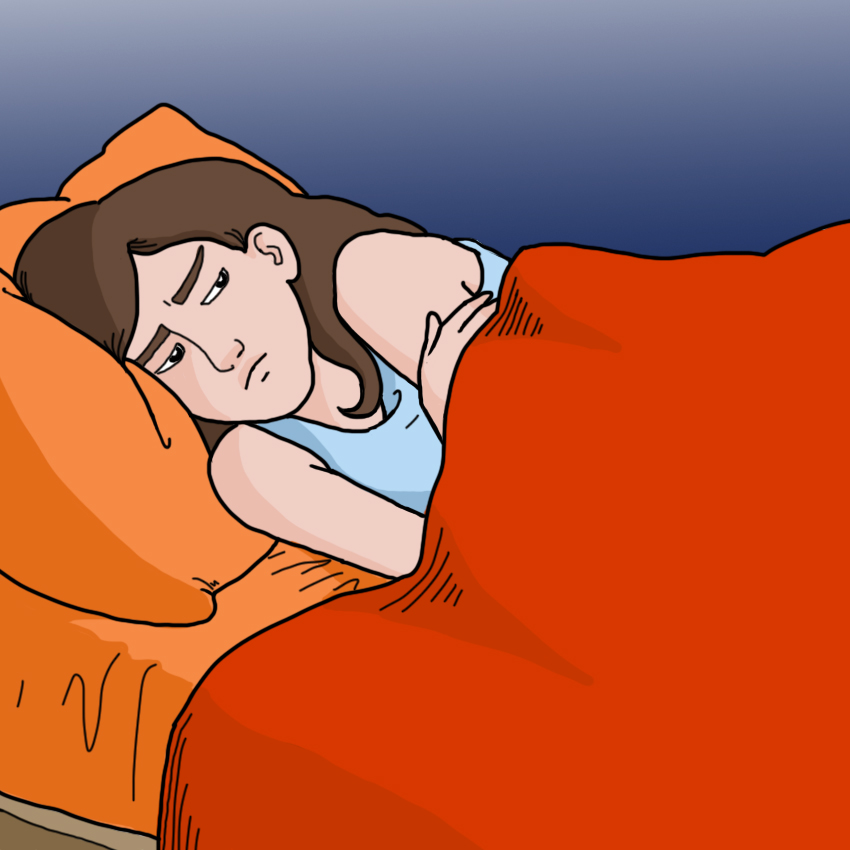
According to Mary Jo Rapini, a sex therapist who spoke with Women's Health, "A woman needs to feel readily loved and connected to their partner. Resentment prevents you from feeling free to escape during sex, which is key to wanting and enjoying it."
If you're mad at your partner, talk to them about it and try to rebuild the relationship before getting intimate.
#6: A Medical Condition
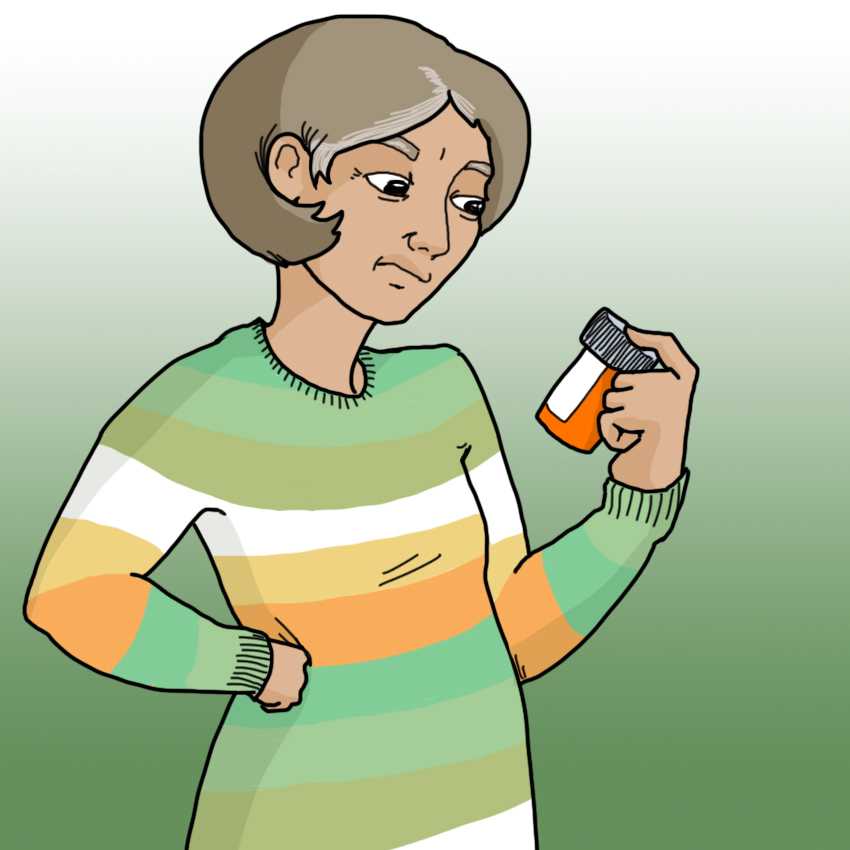
If you have a disease or condition, it might affect your sex drive.
"Numerous nonsexual diseases can also affect desire for sex, including arthritis, cancer, diabetes, high blood pressure, coronary artery disease and neurological diseases," says the Mayo Clinic.
Other conditions that may affect your libido include thyroid disorders, fibroids, and endometriosis.
Some prescription drugs, such as oral contraceptives and blood pressure-lowering medications, may affect your sex drive as well.
#7: Lifestyle Habits
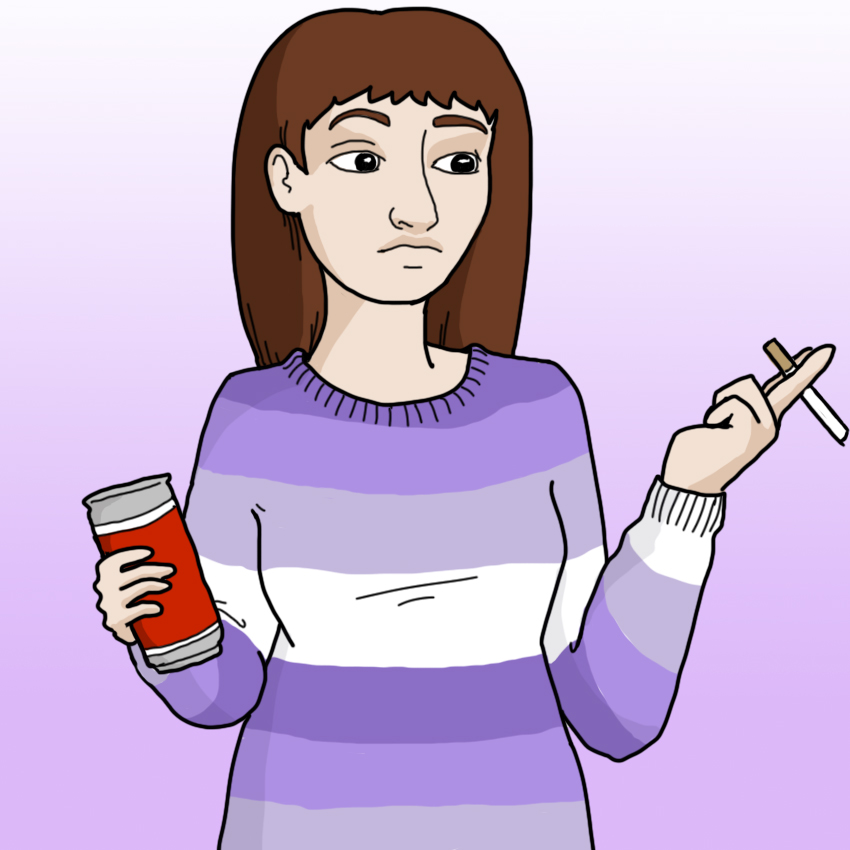
Certain habits may also affect your sexual drive, including smoking, drinking, and doing recreational drugs.
The Mayo Clinic reports, "A glass of wine may make you feel amorous, but too much alcohol can spoil your sex drive; the same is true of street drugs. And smoking decreases blood flow, which may dampen arousal."
How To Improve Your Sex Drive
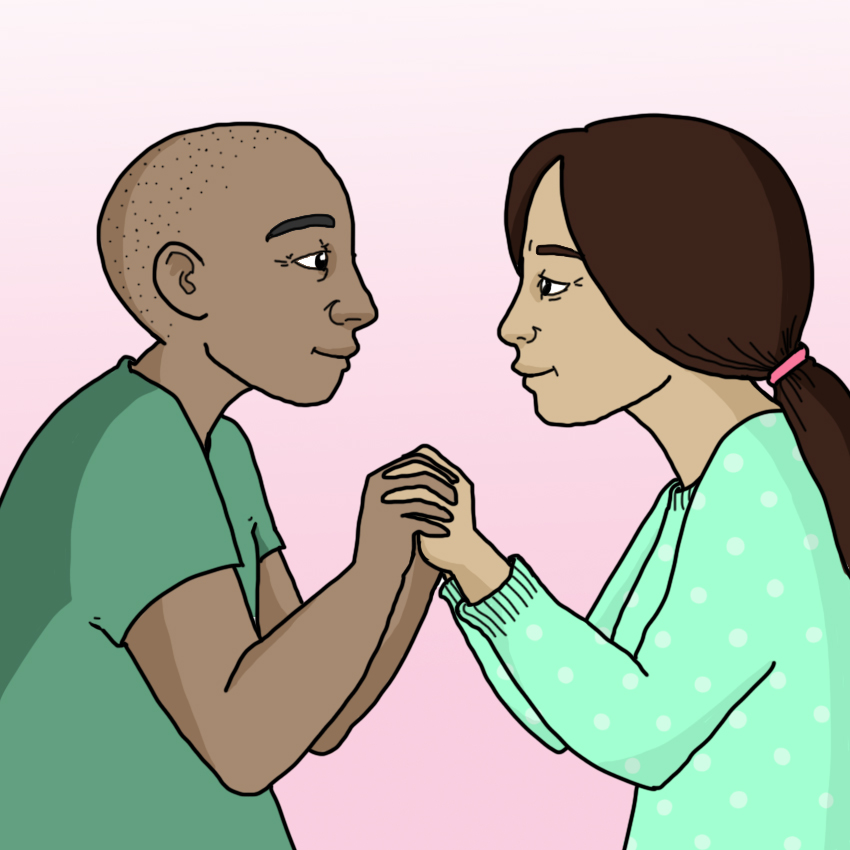
If you're struggling with a low libido, it may put a strain on your relationship. Sometimes it can make you feel completely hopeless.
Fortunately, there are a number of things you can do to boost your sexual desire.
Some of these are easy, at-home fixes, like working on communication with your partner, eating aphrodisiacs, and taking some time to get to know your own body (yes, I mean masturbating).
When To See A Doctor
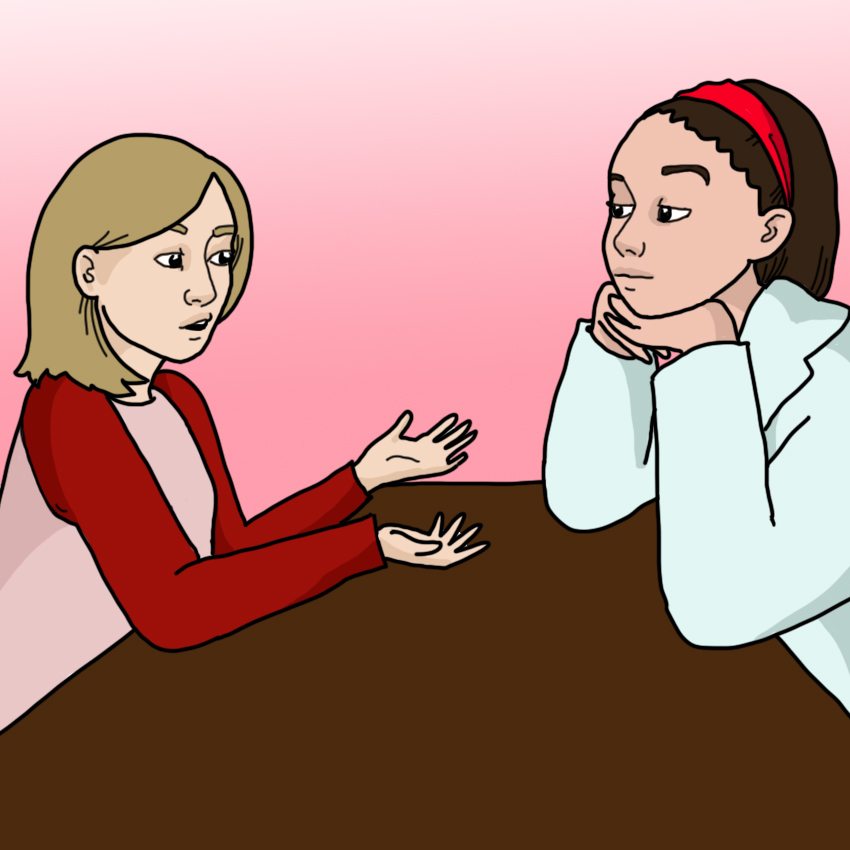
If your low desire for sex starts to affect your daily life or put a huge strain on your relationship, talk to your doctor about options.
Please SHARE this article if you think everyone should have a fulfilling sex life!




